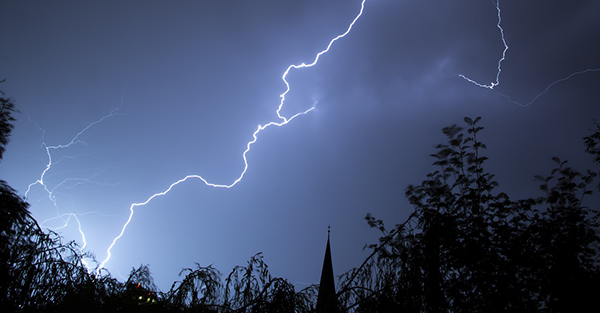
Spring is the season for thunderstorms, which can involve rain, hail, and lightning. Lightning can do substantial damage to your home’s exterior and roofing system. While you never expect a disaster, you can be prepared. Do you know what to do if your house gets struck by lightning?
How does lightning work?
Lightning is a discharge of static electricity. As air currents and moisture move around in clouds during a storm, the cloud’s particles become charged. Negatively charged air interacts with positively charged air from the ground. When they connect, a spark forms, similar to the reaction between the positive and negative terminals of a battery. This discharges the buildup of energy, creating a massive amount of heat. Lightning strikes can reach temperatures close to 20,000 degrees Celsius.
Lightning doesn’t need a direct path to the ground—it will travel through whatever conductors it can find. This includes common features of your home, such as gas and water pipes, electric lines, phone and internet cables, metal window frames, and your roof’s gutter system. Gutters and downspouts are especially vulnerable since they’re made of conductive materials and are often directly connected to the roof. Once lightning finds an entry point, the charge can spread through these systems and electrify multiple areas of your home at once. Sometimes, the energy jumps between pathways. This “side flash” can travel from gutters to window frames or even plumbing fixtures inside the home.
What happens when lightning strikes a house?
If your home gets struck by lightning, you’ll likely hear a loud, sharp boom that may shake the entire structure. Many modern homes are built to withstand lightning strikes without catastrophic damage, especially those equipped with lightning rods. These systems help direct the electrical charge safely into the ground, minimizing potential harm. However, that doesn’t mean your home is completely safe from damage.
Lightning can cause major issues to your roofing system and exterior. One of the biggest risks is fire. The strike can ignite flammable materials directly or heat surrounding materials to the point where they catch fire later. If your home has gas piping, the intense heat may damage valves or connectors, creating gas leaks. Additionally, when lightning travels through your electrical wiring, it can generate a sudden surge. This can fry electronics, destroy circuit boards, or even spark a fire behind your walls.
Damage doesn’t stop at the electrical system. The shock waves from a lightning strike can crack bricks, stone, and concrete, especially in chimneys and load-bearing walls. Roof structures, shingles, and siding may be torn, scorched, or weakened. Even if the structure looks fine from the ground, hidden damage inside your roof or attic can lead to long-term issues, including water intrusion or mold growth.
What should I do if lightning strikes my home?
Unless you live in an area where lightning poses a significant and regular threat, you probably don’t have a fully grounded lightning prevention system. That’s why it’s so important to know what to do after a strike. During a storm, stay away from wiring, plumbing, and anything metal. Don’t take a bath or shower or use running water. Unplug electronics like TVs, gaming consoles, and computers. Since lightning current can travel through concrete and soil, especially in damp areas, wear shoes if walking in your basement or garage during a storm.
If your home or property is hit by lightning, check that everyone is safe. If you see fire or smell smoke, evacuate immediately and call 911. Even if you don’t notice signs of fire, it’s still important to call the fire department. They’ll perform a thorough check of your home, often using thermal imaging to detect heat behind walls or in the attic. Once your home is cleared and safe to re-enter, you’ll want to call your insurance company to begin documenting the damage.
It’s also crucial to contact a licensed electrician to inspect your home’s wiring. Electrical damage from lightning is often hidden, and skipping this step can leave your home at risk. Your roof, siding, and gutters may also have sustained damage that isn’t immediately obvious, so scheduling a professional inspection is essential.
What should i Do If Lightning Damaged my Roof?
If your home is struck by lightning, your roof may suffer damage from the heat, impact, or resulting shock waves—even if it’s not immediately visible. Shingles can crack or tear, and the attic or roof decking may be compromised. That’s why it’s essential to have a professional roofing contractor inspect the full system, including your chimney, flashing, gutters, siding, and attic.
Even minor damage like warped gutters or cracked siding near grounding points can lead to costly water intrusion if left unchecked. Acting quickly on storm roof repairs or, if needed, a full roof replacement helps prevent further issues. A trusted contractor will also guide you through the insurance process and recommend the right solution for your home.
Hedrick Construction provides expert storm damage repair
If your home has been struck by lightning, Hedrick Construction can help. We provide fast, professional roof repair, roof replacement, gutter installation, gutter repair, and siding repair services to residential and commercial properties throughout Ames, Ankeny, Huxley, and surrounding Iowa communities. Our team is experienced in emergency storm roof repair and works directly with insurance providers to help simplify the process and reduce your stress.
Whether you're dealing with minor roof damage or need a complete restoration, we’re here to help you recover quickly. Don’t wait for hidden damage to become a larger issue. Contact Hedrick Construction today for a professional inspection and expert repairs you can trust.


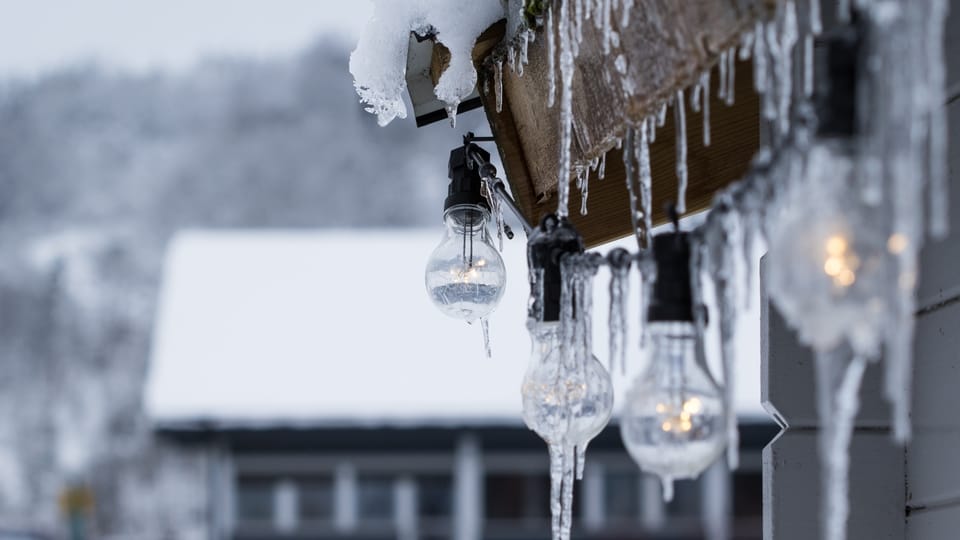
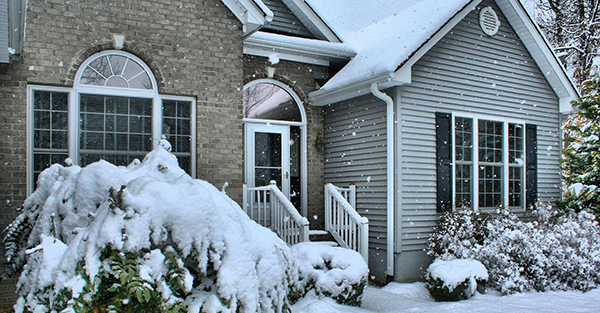
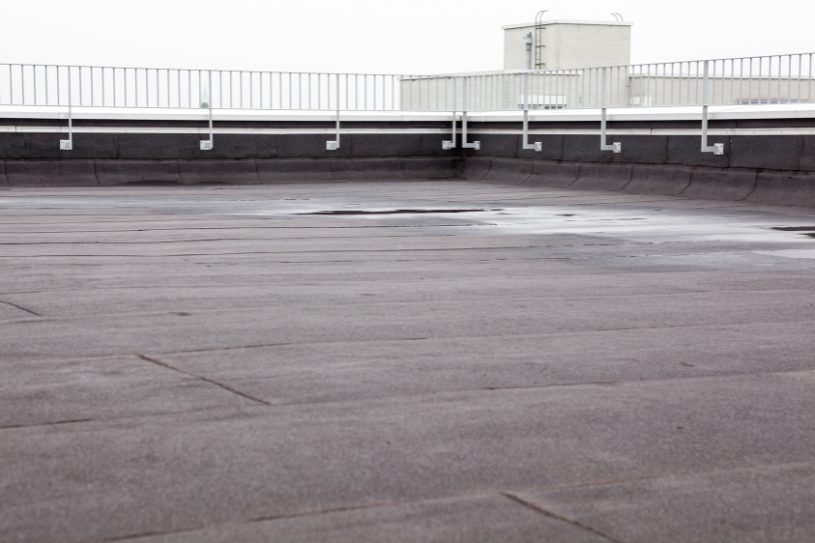
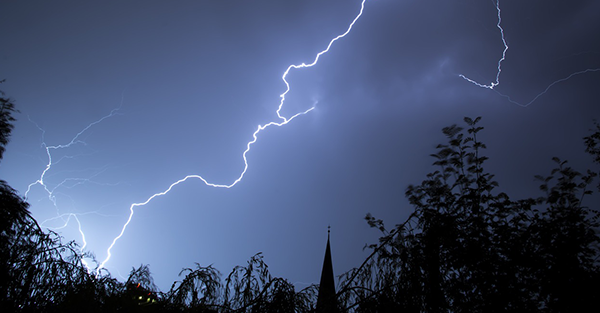

Comments